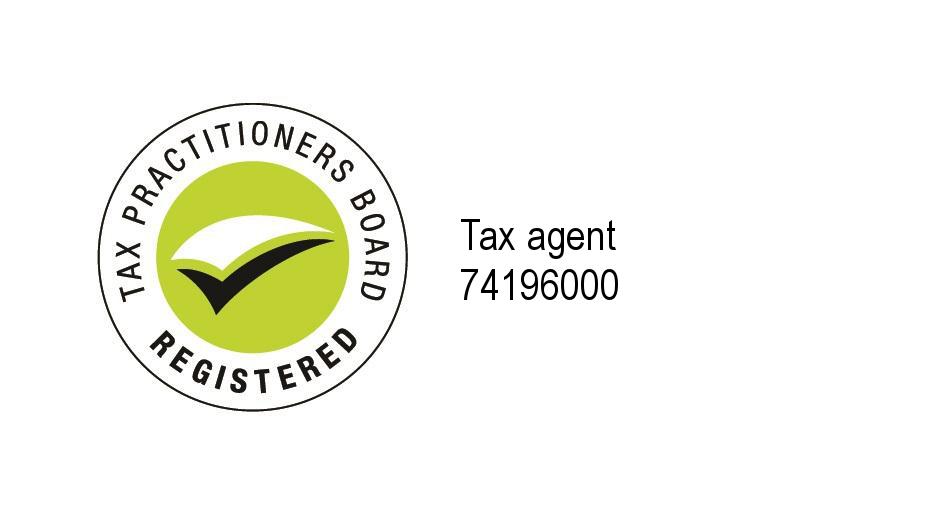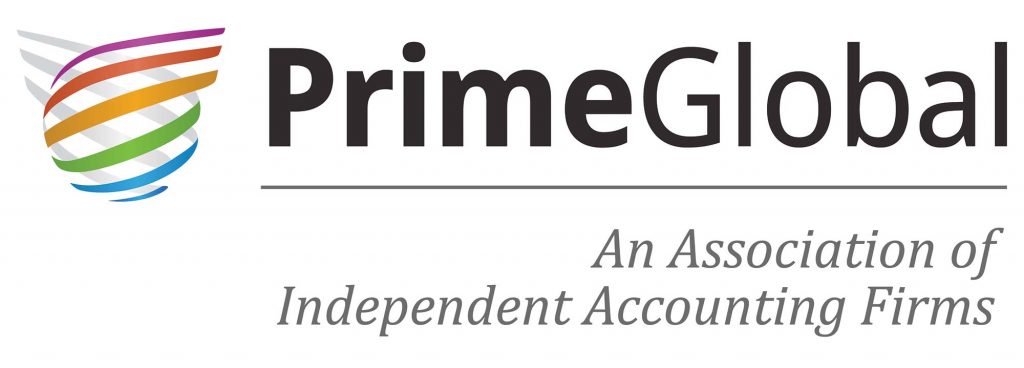With the 2024 FBT year now over the focus switches to FBT return preparation and lodgement.
We thought it may be useful to outline a variety of FBT matters that have entertained our minds/crossed our desks in 2024. Matters covered in this article include electric vehicles, record keeping simplifications, car parking, work or private travel and self-education.
Many are perennial issues, some are new, but all highlight the challenge of getting FBT compliance right.
Unfortunately, these matters and many others go a long way to explaining why there may be a significant FBT gap.
A $1.2b FBT gap?
Using FBT data relevant to the 2020/21 FBT year, in late 2023 the ATO estimated an FBT compliance gap of $1.275b.
In simple terms, this means $1.275b less in FBT was collected in 2020/21 than ATO modelling would expect. In fairness, 2020/21 was a COVID-19 impacted year with interrupted ‘normal’ business patterns (for example business travel, entertainment etc). The ATO also qualified the gap estimate as having only a low reliability rating.
However, at the coal face, underpayment of FBT is common due to a variety of issues:
- complexity of understanding and applying the FBT law;
- reluctance by employers to engage tax advisors to assist in FBT return preparation and lodgement; and
- general non-compliance.
It is this last issue that is of most concern, and it appears inevitable that ATO activity will ramp up to deal with the most significant area of non-compliance, the FBT treatment of employer provided cars and motor vehicles.
Urban myths, like that utes, dual cabs and 1 tonne or more vehicles are unconditionally exempt from FBT are stubborn to shift.
FBT exemption for eligible electric vehicles
It appears the new FBT exemption for electric vehicles may be having the desired effect with steady growth in sales of electric vehicles.
The possibility for an FBT exempt car benefit being able to be provided including by way of a salary sacrifice novated lease scenario (and where private does not impact the exemption) means that, whilst the exemption lasts, it is a great carrot for an employee who is wanting to move this type of vehicle.
Employers should however be mindful the exemption for hybrid electric vehicles ends at the end of the 2025 FBT year
Compliance difficulties still remain however even where a car is FBT exempt. For example:
- where an employee is incurring home charging costs these need to be considered in salary packaging calculations; and
- FBT exempt eligible electric vehicles are not excluded Reportable Fringe Benefits meaning a taxable value can still be required to be determined (and which may also be impacted by employee incurred home charging costs.
The ATO has attempted to deal with some of the home charging issues in PCG 2024/2, however many issues remain including where an employee charges a private vehicle on employer premises (at employer cost).
Other issues are also appearing with ‘bundled’ purchase/leases of electric vehicles and charging stations appearing in the marketplace.
New FBT record keeping simplifications
Whilst the promise of FBT record keeping simplifications arose in the 2020/21 Federal Budget the 11 simplification measures announced to date will only apply from1 April 2024.
Many of the simplifications target benefits that are not commonly provided by most employers.
Simplifications relating to reductions in taxable value for more commonly provided benefits may prove more helpful to employers (including under the otherwise deductible rule, LAFHA and FIFO/DIDO related reductions and reductions conditional on a travel diary).
We include all eleven simplification measures below:
More commonly provided benefits
- Fringe Benefits Tax Assessment (Adequate Alternative Records – Living-Away-From-Home – Maintaining an Australian Home) Determination 2024
- Fringe Benefits Tax Assessment (Adequate Alternative Records – Otherwise Deductible Benefits) Determination 2024
- Fringe Benefits Tax Assessment (Adequate Alternative Records – Travel Diaries) Determination 2024
- Fringe Benefits Tax Assessment (Adequate Alternative Records – Private Use of Vehicles Other Than Cars) Determination 2024
Other benefits
- Fringe Benefits Tax Assessment (Adequate Alternative Records – Temporary Accommodation Relating to Relocation) Determination 2024
- Fringe Benefits Tax Assessment (Adequate Alternative Records – Car Travel to Certain Work-Related Activities) Determination 2024
- Fringe Benefits Tax Assessment (Adequate Alternative Records – Fly-in Fly-out and Drive-in Drive-out Employees) Determination 2024
- Fringe Benefits Tax Assessment (Adequate Alternative Records – Remote Area Holiday Transport) Determination 2024
- Fringe Benefits Tax Assessment (Adequate Alternative Records – Relocation Transport) Determination 2024
- Fringe Benefits Tax Assessment (Adequate Alternative Records – Overseas Employment Holiday Transport) Determination 2024
- Fringe Benefits Tax Assessment (Adequate Alternative Records – Car Travel to Employment Interview or Selection Test) Determination 2024
Car Parking
Fortunately, most small businesses benefit from the section 58GA FBT exemption for car parking fringe benefits and therefore do not need to be concerned with the rules (less than $50 million turnover).
However, for other employers, the changes to the ATO view as to what is a commercial car parking station (as expressed in TR 2021/2 and effective from 1 April 2022) mean employers must closely consider what employee parking is provided and whether a commercial parking station is located within a 1km radius of the employer provided parking.
Anecdotally we understand the new ATO interpretation and the continuing trend for large scale shopping complexes to provide and charge all-day parking at a lowest daily rate in excess of the car parking threshold ($10.40 for FBT 2023/24) means many employers are now providing car parking benefits.
Managing compliance risk in this area includes definitive identification of all commercial car parks within the 1km radius of the employer provided parking and lowest amount charged for all day parking at each such site (on the first working day of FBT year). This task requires analysis of any ‘special’ rate parking arrangements to ensure what is being tested is the lowest all-day parking rate.
Work travel, private travel, living away from home or travelling on work
Despite efforts by the ATO to publish information to establish the principles underpinning compliance, this area remains incredibly complicated and trends in working remotely only exacerbate the challenge for an employer in achieving FBT compliance.
Careful regard should be had to TR 2021/1, TR 2021/4 and PCG 2021/3 when advising in this space.
Variations of the scenario provided in example 8 of TR 2021/1 (see below) are common place, whether the FBT treatment applied would be consistent with the ATO’s view is less certain.
Example 8 – travel between home and work location not part of employment duties – transport expenses not deductible
- Sue lives with her family in Sydney. Sue takes on a leadership role with a company that has offices all around Australia. The role is based in Melbourne and the duties attached to it can be primarily performed in Melbourne. However, Sue enters into an arrangement with her employer where she must attend the Melbourne office at least three days per week, but at her discretion (or choice) can work out of the Sydney office up to two days per week.
- Although the Melbourne office is a distant work location and Sue carries out her duties at the Melbourne and Sydney offices, Sue’s travel from home to those offices will not be deductible. This is not a case where the role Sue undertakes necessarily requires travel to be undertaken. The substantive duties attached to Sue’s role do not require her to travel between Sydney and Melbourne. The travel is attributable to Sue’s choice to remain living in Sydney whilst taking on a Melbourne-based role. Sue is required to work in Melbourne, and, for convenience, she may also work part of the time in Sydney. The transport expenses incurred in travelling between Sydney and Melbourne are not incurred in gaining or producing her assessable income. The travel is better characterised as travel from home to a regular work location which is attributable to her private circumstances, that is, her choice about where to live rather than being a necessary incident of her employment.
Self-education
Although a largely settled area the ATO has recently issued TR 2024/3 which re-states the keys principles of tax deductibility for self-education related expenses. A common problem area however is how to treat a scenario involving an employee attending a conference but taking a holiday before/after.
Example 20 of TR 2024/1 makes the ATO position pretty clear where a clear dual intention exists. Again, this seems like another area where FBT compliance may be missing the mark.
Example 20 – course and holiday, income producing and other purpose
- Francesco, a paediatrician, has 2 equal purposes when he decides to attend a 5-day international conference on paediatrics in Singapore, to be followed by a 7-day holiday in Thailand. The conference package is $3,500 ($1,500 return airfare, $500 for the cost of the conference and $1,500 for accommodation and meals at the conference venue). Francesco paid another $3,000 for accommodation, meals and car hire for the 7-day holiday in Thailand.
- Francesco is allowed a deduction of $2,000 for the conference cost and the accommodation and meals expenses at the conference. Only half of the return airfare ($750) is allowed, as the expense was incurred for 2 equal purposes, one income-earning and the other private. The other expenditure of $3,000 relating to the holiday in Thailand is private in nature and not deductible.
——-
![]()
Found this article insightful? Subscribe to our newsletter “The Assessment” and receive more articles like this every month!
![]()
Need more advice? Contact us via email or on 03 8662 3200



